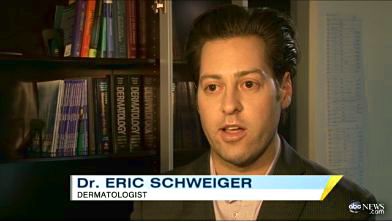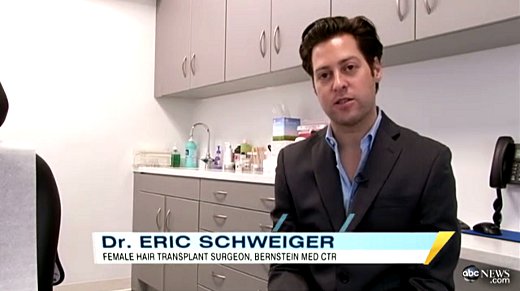 Dr. Bernstein is featured in Columbia Business, the alumni magazine of the Columbia Business School, for having “revolutionized the field of hair restoration.” Dr. Bernstein, who received an MBA from the renowned university in 2004, is quoted as having seen an opportunity in 1995 to transform hair transplantation from a procedure using “hair plugs” to one with significantly more natural results. In collaboration with Dr. William Rassman he introduced Follicular Unit Transplantation (FUT) which, the article notes, is now the “gold standard” for modern surgical hair restoration.
Dr. Bernstein is featured in Columbia Business, the alumni magazine of the Columbia Business School, for having “revolutionized the field of hair restoration.” Dr. Bernstein, who received an MBA from the renowned university in 2004, is quoted as having seen an opportunity in 1995 to transform hair transplantation from a procedure using “hair plugs” to one with significantly more natural results. In collaboration with Dr. William Rassman he introduced Follicular Unit Transplantation (FUT) which, the article notes, is now the “gold standard” for modern surgical hair restoration.
Also mentioned in the article, which is titled “Hair Hero,” are his pioneering work in robotic hair transplant procedures, his receiving the Platinum Follicle Award, and his appearances in the popular media including a feature on Good Morning America.
Dr. Bernstein is a Clinical Professor of Dermatology at the College of Physicians & Surgeons of Columbia University, where he instructs residents in general dermatology and the specialized art of hair restoration surgery.
Posted by







